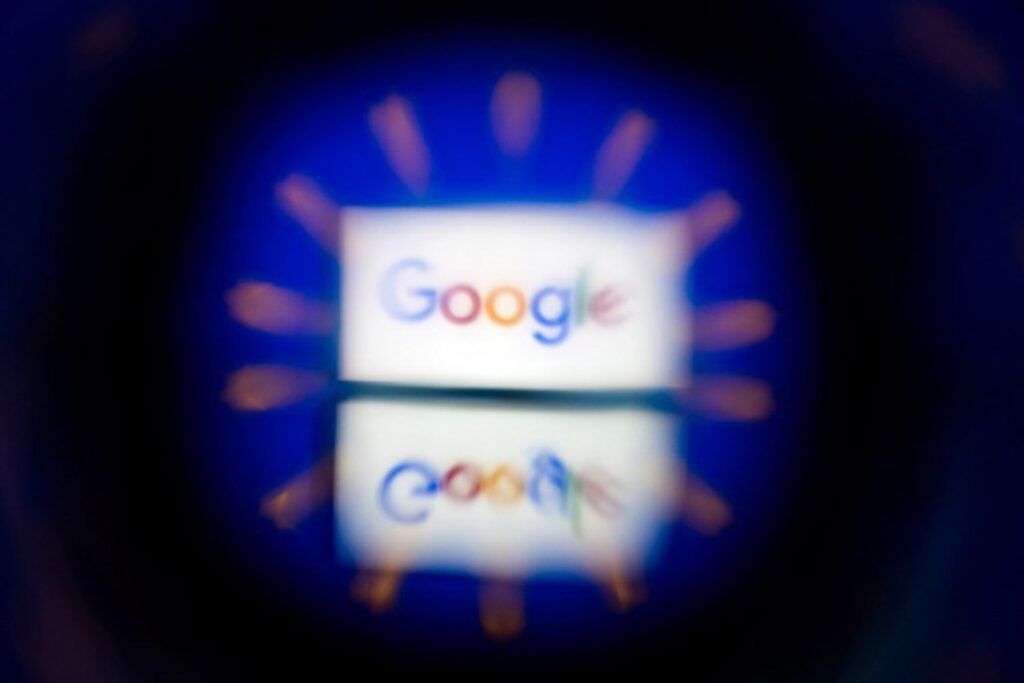Geoffrey Hinton, considered one of the founding fathers of artificial intelligence (AI), says he has left his post at Google to warn the world of the risks posed by AI.
“I left so that I could talk about the dangers of AI without considering how this impacts Google,” Hinton said in a tweet, after the New York Times announced his departure.
Advances in this sector are inducing “profound risks for society and humanity,” Hinton, who has set up a foundation dedicated to AI systems, told the US newspaper. “Look at where we were five years ago and where we are today,” he continued, calling the prospects for the future “scary.”
The high-speed deployment of increasingly “general-purpose” AI with human cognitive capabilities and therefore the potential to disrupt many businesses was symbolised by OpenAI’s launch in March of GPT-4, a more powerful version of the natural language model that operates ChatGPT.
This generative AI interface has been used by millions of people in recent months to write essays, poems and even lines of computer code.
The launch also spurred competition in the field.
Hinton, who warns in the New York Times of the misinformation that could be generated by AI, informed Google of his resignation last month, according to the newspaper.
In his Monday tweet confirming his departure, he refutes any desire to criticise the tech giant with this decision. “Google behaved very responsibly,” he wrote.
In March, billionaire Elon Musk – a founder of OpenAI whose board he later left – and hundreds of global experts called for a six-month pause in research into AIs more powerful than GPT-4, citing “major risks to humanity.”
Hinton was not among the signatories, but he told the New York Times that scientists should not ramp up these AIs any further “until they know if they can control them.”
In 2019, Hinton, along with two other artificial intelligence experts, was awarded the Turing Award, the equivalent of the Nobel Prize for computer scientists.

